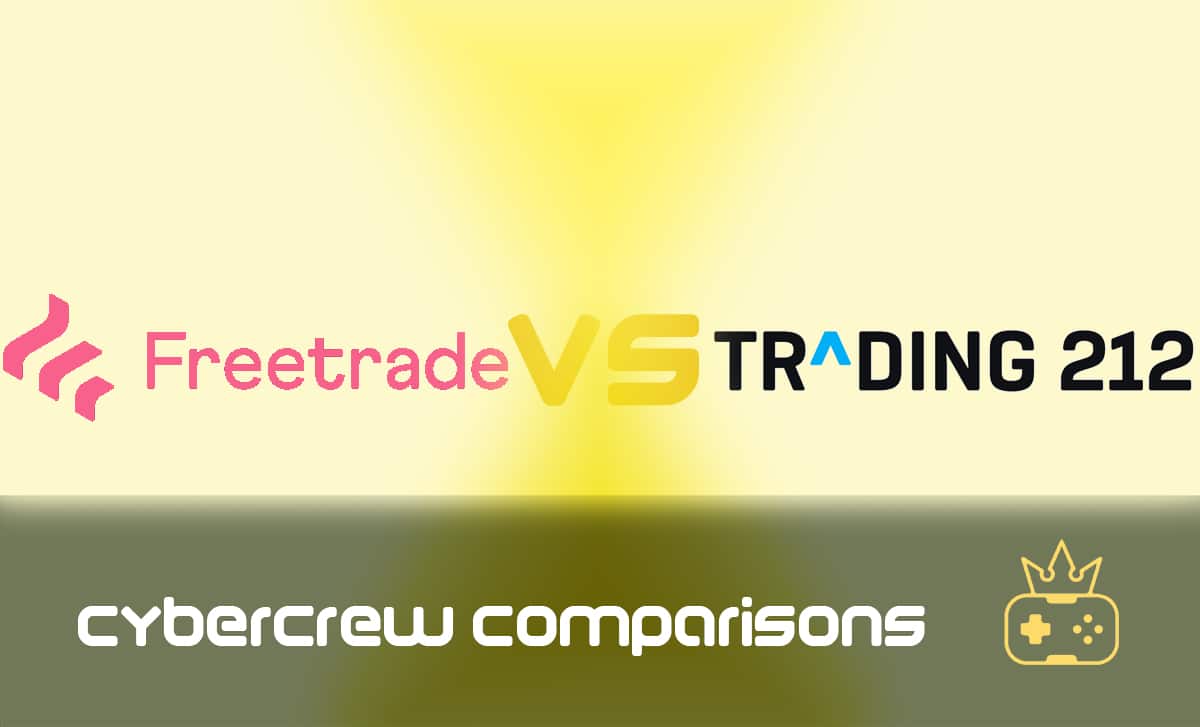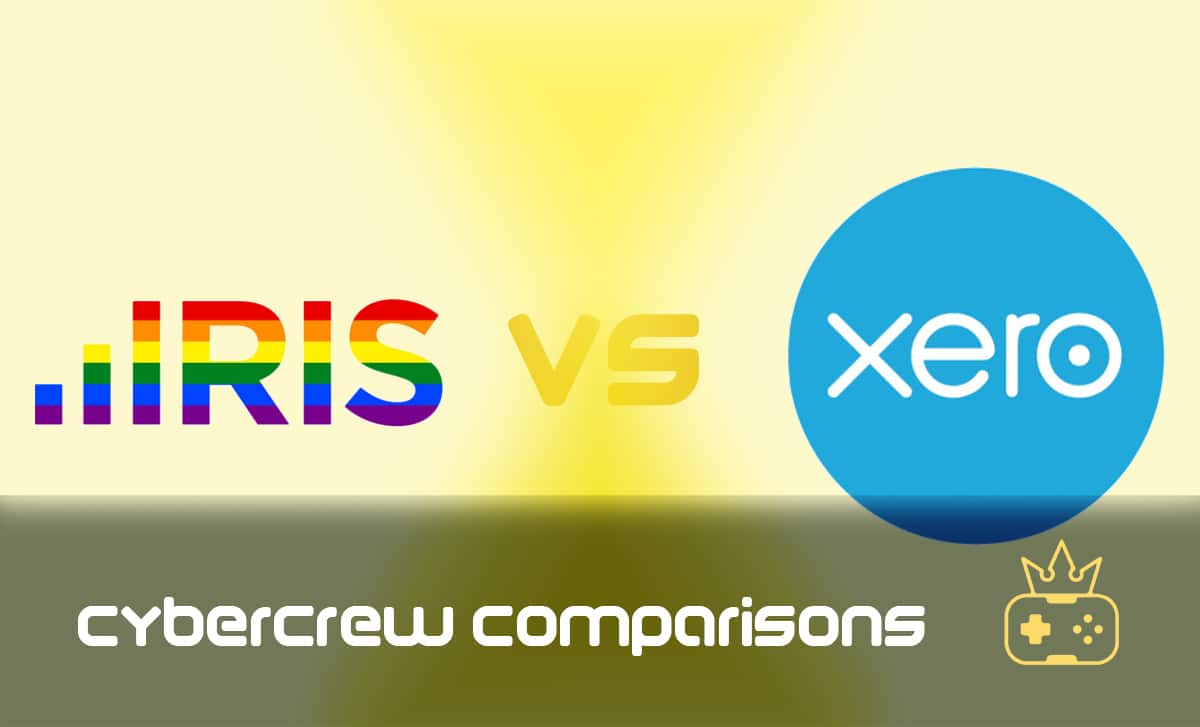How to Invest in FTSE 100? [2024]
Last Updated: February 9, 2024
Stock market investing has been gaining in popularity over the past few decades. With rising inflation and stagnant wages, investing has become one of the best ways to not only preserve wealth but to grow it.
Retail investors (or individual investors) now form a significant proportion of investors in the UK. But choosing where to invest can be pretty tricky. So how do you balance risk and return to ensure that your investments help you reach your financial goals?
You will find this guide helpful if you want to know how to invest in FTSE 100 and learn other things you need to know before investing.
- What is the FTSE 100?
- How to Invest in FTSE 100? – A Quick Guide
- How to Invest in FTSE 100? – Detailed Guide
- What to Look Out For Before Investing in the FTSE 100?
- Wrap Up
What is the FTSE 100?
The FTSE 100, known colloquially as “footsie 100”, is a stock index run by the Financial Times Stock Exchange Group (FTSE). The Financial Times Stock Exchange Group has now reorganised into the FTSE Russell Group. It is a UK-based financial company that focuses on making and running indexes for the global financial markets.
A stock index is a group of stocks meant to represent the performance of this group of stocks. Hence, a stock index is generally made to help financial analysts and investors gauge the performance of particular sectors. Namely, the FTSE 100 consists of the top 100 stocks (in terms of market capitalisation) listed on the London Stock Exchange.
Essentially, the FTSE 100 index represents the overall performance of blue-chip companies operating in the UK. The FTSE 100 is a stock index that is widely used all over Europe. It was created in 1984 and has since grown to become one of the most well-known indexes of the UK stock market.
The FTSE 100 is also used to gauge the performance of the UK economy as a whole. It is similar to indexes such as the Dow Jones and the S&P 500, which operate in the US market.
Investing in the FTSE 100 – A Quick Guide
Since the FTSE 100 is a stock index, it isn’t possible to directly invest in it. However, there are ways to make long-term investments that mimic the performance of the FTSE 100.
- Register with a Stock Broker – A stockbroker will allow you to open a share dealing account through which you can invest.
- Complete Your KYC – This step is required under FCA regulations to prevent illegal activity.
- Deposit Money Into Your Account – Deposit the amount that you want to invest in the FTSE 100.
- Invest – Choose individual shares or ETFs that you want to invest in.
- Investing in Individual Shares – The FTSE 100 is basically a collection of stocks. If you want to make investments that perform similarly to the FTSE 100, you can invest in some of these individual stocks.
- Investing in an ETF – An ETF is a fund that attempts to match the performance of an underlying index. Several ETFs try to imitate the performance of the FTSE 100, so you can invest in one of such ETFs.
How to Invest in the FTSE 100? – A Detailed Guide
Investing in Individual Shares
Buying shares in listed companies in the UK is quite a simple procedure. The first thing that you will need is a “share dealing account”. So, you will need to register with an online stock broker that provides such accounts. To register with an FCA-regulated broker, you will need to provide some identification documents to prove your identity and address.
Once you have completed the KYC requirements, you will gain access to a share dealing account. Next, you will need to deposit money into your account by linking your bank account with your share dealing account.
You can “search” for the company of which you want to buy shares through this account. You can directly enter the company’s name or the stock ticker of that company.
Once you have found the company, you can check the current price of shares of that company. Then, all you need to do is place an order to buy a certain number of shares.
You can choose to buy shares of as many companies as you want (depending on how much money you have in your share dealing account).
The process for buying shares is quite simple. However, the greater difficulty lies in choosing which shares you want to buy.
If you want to invest in the FTSE 100, you should research the companies that form a part of the stock market index. For example, companies like Unilever, HSBC, BP, and AstraZeneca, are all part of the FTSE 100.
Investing in an ETF
Investing in an ETF is an excellent option if you do not know which shares to buy. An exchange-traded fund (ETF) is a managed fund that takes money from investors and invests them according to their investment strategy.
An ETF attempts to mimic the performance of an underlying benchmark. For example, an FTSE 100 ETF will try to mimic the FTSE 100 performance.
The advantage of an ETF is that you do not need to worry about managing your investments yourself. However, the disadvantage is that your potential profits are linked to the benchmark. Thus, you cannot make more money than the benchmark itself.
Currently, there are around 8 ETFs in the UK that use the FTSE 100 as a benchmark. You can invest in any of them if you want to invest in the FTSE 100 indirectly.
Some of the best FTSE 100 ETFs are “HSBC FTSE 100 UCITS ETF GBP”, “iShares Core FTSE 100 UCITS ETF”, “Vanguard FTSE 100 UCITS ETF”, and more.
Once you have decided which ETF you want to invest in, the investment process is quite simple. You can simply follow the procedure for investing in individual shares detailed above. But rather than investing in individual shares, you can choose to invest in an ETF.
What to Look Out For Before Investing in the FTSE 100?
Before investing in the FTSE 100, there are certain things that you need to be aware of.
Investments are subject to market risk
All investments in the stock market are subject to market risk. That means that the value of your investment is decided by changes in the market. If the demand for a particular share is high, then the value of that share will rise. Conversely, if the demand for a particular share is low, then the value of that share will fall.
When investing in the financial markets, you should be aware of the risk that it entails. The market is cyclical, and it can fall as well as rise, depending on market conditions.
Hence, any investment that you make in the FTSE 100 is also subject to such risk. There is no guarantee of positive returns when investing in stocks, even those listed in the FTSE 100. The FTSE 100 price depends on the health of the overall stock market.
Fees and other charges
In addition to the cost of the share or the unit of the ETF, you will also need to pay brokerage charges for making an investment. The broker will charge a certain amount as a fee for its services.
So, you should take into consideration the brokerage fee before planning your investments.
Further, any profit you make from your investments is taxable as capital gains. Even the dividends that you get for being a shareholder are taxable. Hence, you should consult your accountant or financial advisor about the tax implications of your investments.
Invest for the long term
It is always safer to invest in the long run. As mentioned earlier, stock investments are subject to market risk. Stock prices can fluctuate wildly in the short term, and there is more risk when you invest in the short term. That is because price movements of stocks are subject to demand and supply.
Hence, when you invest in the FTSE 100, it is advisable to invest for a more extended period.
Do not let emotions get in the way
Investing can be a nerve-wracking experience. You have risked real money in your investments. However, you should never make investment decisions based on your current emotions.
Instead, try to plan your investment decisions well in advance. That will help you ensure that your investment decisions are strategically sound and in line with your financial goals.
Wrap Up
Learning how to invest in FTSE 100 is just one step in your investing journey. The investment options out there these days are limitless. So you should try to make it a habit to learn about investing and research as much as you can before doing so.
Overall, the FTSE 100 stocks are all blue-chip stocks. That makes it a safer investment when compared to other stocks such as small-cap stocks. Namely, blue-chip stocks are usually expected to perform well in the long term. Therefore, they can be a great investment option for those looking to beat inflation.



![How to Sell on Depop in the UK [2024 Guide]](https://cybercrew.uk/wp-content/uploads/2023/06/Selling-on-Depop-UK.png)






